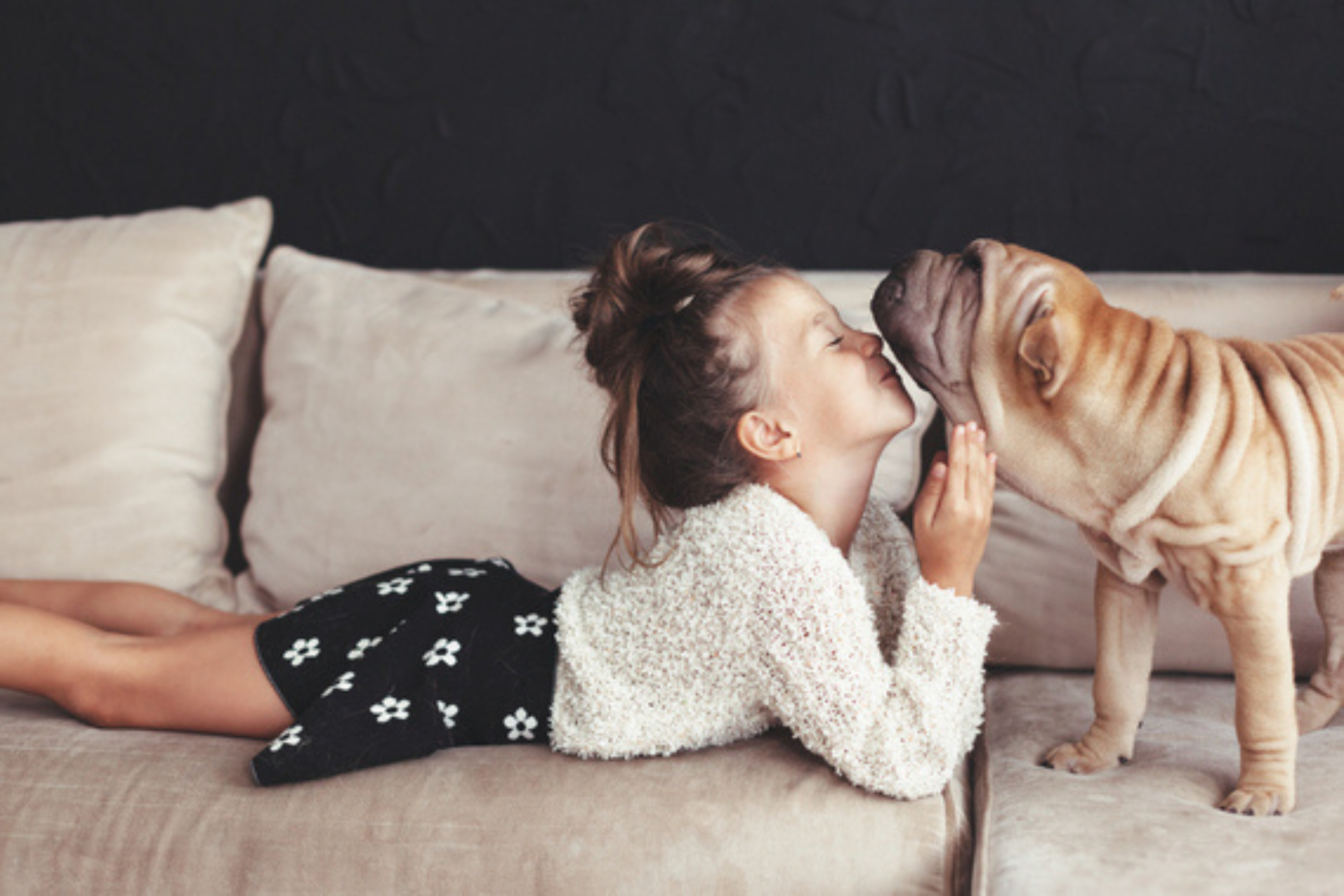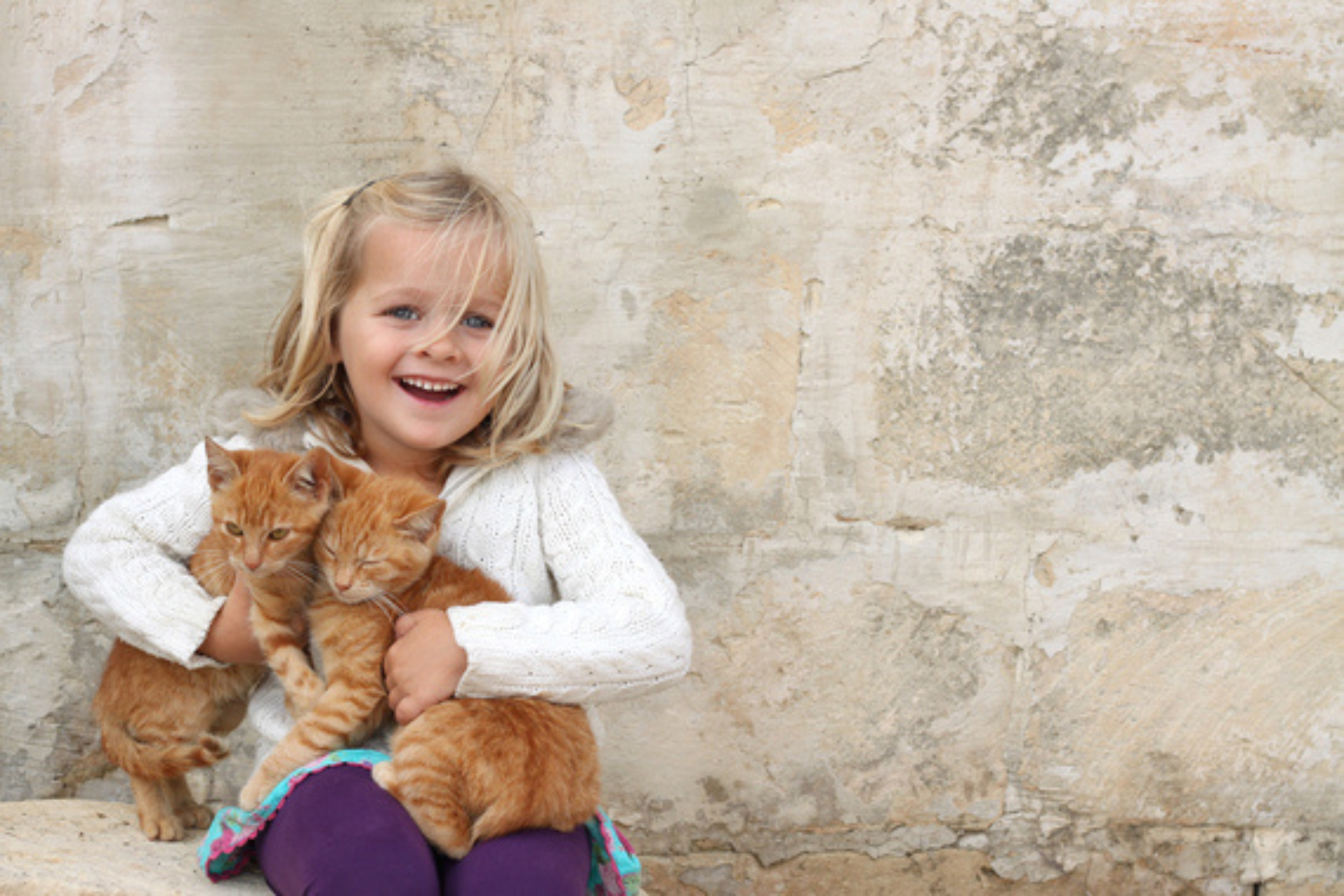A Guide to Finding the Perfect Family Pet
How much time will your pet spend alone?
If the answer is “a lot”, a puppy probably isn’t for you. Adorable as they are, puppies need lots of time invested in training and socialising – not to mention the fact that a bored dog might wreak havoc on your house and yard.
Before adopting or fostering a pet, it’s important to do your homework, assess your lifestyle and choose the right pet to suit.
Pet ownership is a long-term commitment that requires time and effort to ensure they get the training, companionship and care they need. Other companion pets, such as cats, rabbits and guinea pigs, also have their own unique needs, so it’s important to understand what these are for any type of animal you are considering.
Researching breed-specific needs for dogs, cats or even rabbits will help you better understand a pet’s common temperaments, health issues and dietary requirements. This will also help you to understand their mental and physical needs and how much company they require.
Cats generally need less social interaction and might be a better choice if your family is at work/school all day, but you’ll still need to provide something to entertain them indoors (a scratching post is a good start). Alternatively, you could consider a pair of rabbits or guinea pigs – just make sure they’re the same sex or you’ll end up with more than two!
If your heart is really set on a dog, think about adopting an older pooch whose furniture-destroying days are well behind them, or pay a dog walker to take your four-legged friend out on weekday adventures.
If you are looking to rescue an animal, you’ll need to understand any behaviour issues the pet may have and ask yourself if you are prepared to put in the time and money that may be required for training and veterinarian care.

Types of Pets
You might be starting your search for a new pet with a certain type, breed, or age in mind.
However, your perfect match might not be the pet you think.
According to 2022 Survey of Pet Ownership in Australia, 69% of Australian households own a pet with the most popular pets being dogs, cats, and fish.
- 40% Dogs
- 27% Cats
- 11% Fish
- 9% Birds
- 3% Small Animals
- 2% Reptiles
- 2% Other
How much space do you have?
If you live a busy lifestyle, an older dog or cat may be a better fit than a young, energetic puppy. If it’s your first family pet, a smaller animal such as guinea pigs or chickens may be a suitable option and a great introduction to the responsibility of pet ownership. If you live in the country with a large block of land, you might consider adopting a pet that needs this kind of environment, such as a goat or cow.
Dogs need room to explore, but not all breeds are the same and the size of the dog doesn’t necessarily equate to the amount of space and exercise it needs. Greyhounds, for example, are often couch potatoes while Jack Russells are little balls of energy.
All dogs need to be walked, too, but it pays to do your homework and determine the right breed for your activity levels. If you’re keen to rehome a rescue, the RSPCA uses a colour-coded “Find a Friend” system to help you decide which dog will be a natural fit for your family.
Cats are generally suited to apartment living but you need to clean kitty litter daily and, again, it pays to research the breed to make sure its activity levels and grooming requirements suit your space. If you have a large garden or acreage, consider a chicken coop. Hens can be very affectionate, and the kids will love collecting the eggs.
For kids, it’s an opportunity to learn all about responsibility, compassion and patience.

Think about the long-term implications of pet ownership. A dog is a huge commitment, with an average lifespan of 10 to 13 years; for indoor cats, it’s 13 to 17 years; and a parrot, which can live for at least 40 years, will be around long after your kids leave home. At the other end of the spectrum, goldfish don’t tend to last more than a few years in captivity. In the 2016-17 financial year, the RSPCA took in more than 130,000 animals, so it’s important to make sure you’re in it for the long-haul.
How much can you afford to spend?
Getting a new rescue pet can be a truly rewarding experience and bring lots of love and happiness into your life.
While this experience is priceless, it’s important not to underestimate the costs associated with owning a pet. Whether they’re big, small, old or young, the expenses do add up.
Before adopting a pet, you should carefully consider the budget of supporting your new family member over their whole lifetime. Pets can cost thousands of dollars to care for, so you need to make sure you’re ready for the financial commitment.
Here is a basic guide on the types of costs to expect when bringing a new family member into your home.
Upfront Costs
- Adoption Fees: Paid to the Rescue Organisation
- Accessories: Bedding, bowls, collars, leads, toys - get ready to bring your best friend home!
- Travel: Budget for the trip to fetch your new pal
- Vet Visit: Make sure your new buddy is in tip-top shape with a visit to the Vet
Average annual household spend on pets*
- Dogs: $2,158
- Cats: $1,393
- Small Animals: $605
- Birds: $552
*Source: Petstock Adoption Hub. Animal Medicines Australia, Pets In Australia: A National Survey of Pets and People, 2022
Repeat Costs
- Food: Cost will significantly vary depending on the type, breed and size of your pet. A large dog will be more expensive to feed compared to a small guinea pig.
- Treats: Like us humans our pets enjoy treats too! Treats are also an essential tool for training.
- Toys: For enrichment and interactive play.
- Cleaning: To maintain a clean environment, products could include things like waste bags, cage cleaner, litter and more.
- Housing & Bedding: For a good night’s sleep and a place to relax, creating a cosy and safe place for your pet requires regular upkeep.
- Accessories: Although an upfront cost when bringing home your pet, expect to keep paying for accessories such as bowls, coats and collars every year.
- Grooming: To keep your pet looking and feeling their best whether you’re taking them to a professional groomer or brushing, bathing, clipping at home.
- Health: Supplements, vitamins and flea, tick & worm treatments.
- Vet & Insurance: To maintain your pet’s vaccinations and overall health. Pet insurance is a great way to help cover the costs of an unexpected vet visit.
Once you’ve answered these questions and decided what type of pet is right for you, all that’s left to do is set up a bed, designate a toileting area, stock up on toys and feeding supplies – and welcome your new family member home!
